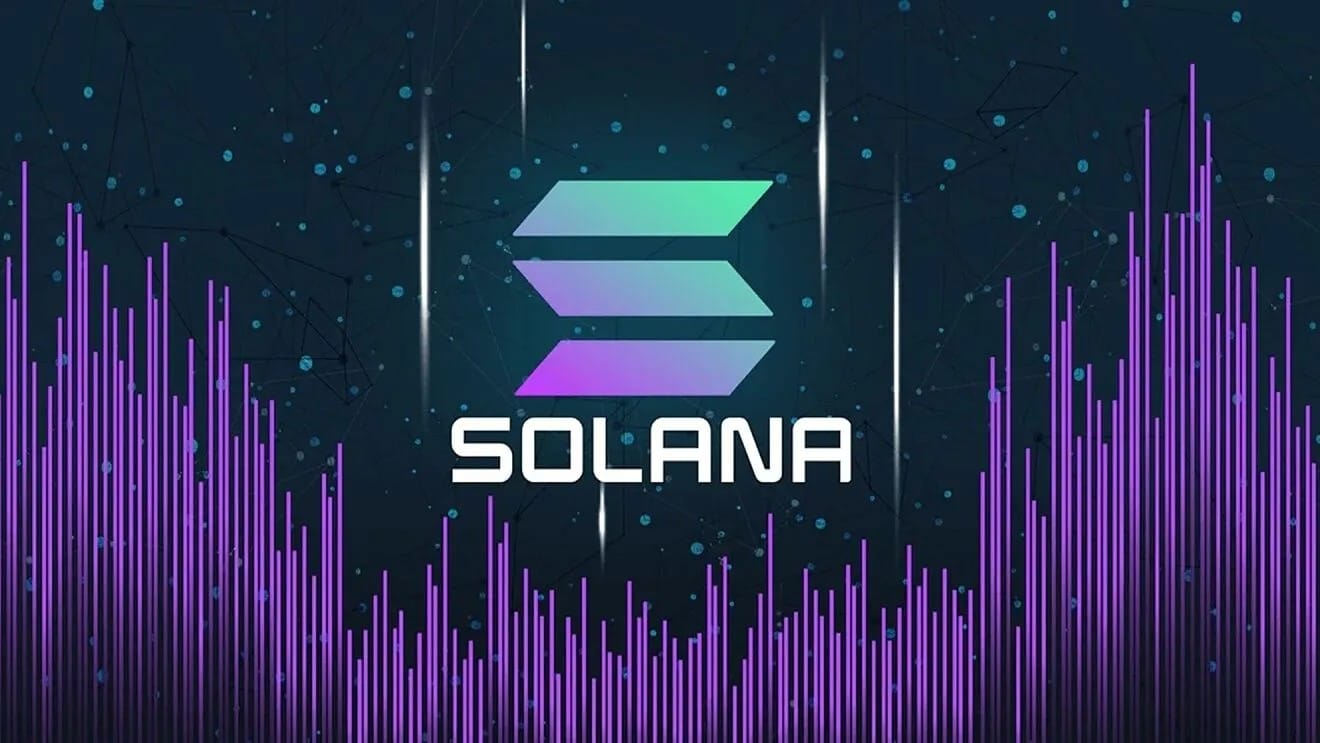Fidelity and Canary Capital Launch New Solana ETFs

Fidelity Investments and Canary Capital have introduced two new spot Solana exchange-traded funds, expanding options for investors seeking exposure to the Solana blockchain's native token. The Fidelity Solana ETF, trading under the ticker FSOL, began operations following regulatory filings that made it effective through the U.S. Securities and Exchange Commission process. Bloomberg senior ETF analyst Eric Balchunas highlighted the launch, noting Fidelity's position as a major asset manager entering the Solana space while BlackRock continues to focus solely on Bitcoin and Ethereum products.
The Canary Marinade Solana ETF, listed as SOLC, also commenced trading after receiving approval for Nasdaq listing. This fund partners with Marinade Finance for staking operations, allowing it to incorporate on-chain rewards. These developments bring the total number of available spot Solana ETFs to five, building on recent entries like VanEck's VSOL and Bitwise's BSOL, which has accumulated nearly $450 million in assets under management.
Fidelity's FSOL carries a management fee of 0.25% according to the SEC filing, with a temporary waiver applying for the initial six months. The issuer has also committed to covering staking fees on rewards generated from the first $1 billion in assets. Analysts view this pricing as competitive, positioning Fidelity to attract significant inflows in a category where BlackRock has opted not to participate.
Stay In The Loop and Never Miss Important Crypto News
Sign up and be the first to know when we publishDetails on the New Solana ETF Offerings
The SOLC from Canary Capital features a higher management fee of 0.50%, without an announced waiver at launch. Its integration of staking through Marinade Finance adds a yield component that appeals to investors looking for passive returns alongside price exposure. ETF Prime host Nate Geraci pointed out that Fidelity now offers both direct Solana access and a spot ETF, broadening choices for traditional investors.
Solana ETFs have seen steady inflows totaling around $400 million in recent periods, even as the underlying token faces downward pressure. VanEck's VSOL, which launched just days earlier, includes a fee waiver for its initial assets, contributing to the competitive landscape. Bitwise's established BSOL continues to lead in assets, reflecting early mover advantage in this emerging category.
Despite these product launches, Solana's price has declined more than 15% over the past week, trading around $137 on November 18. The token experienced a roughly 2% drop in the latest session, influenced by broader market corrections rather than fund-specific factors. Trading volume surged by 60% in the 24 hours surrounding the announcements, signaling heightened trader activity tied to the new ETFs.
This wave of Solana-focused products follows regulatory shifts that streamlined approvals for crypto ETFs beyond Bitcoin and Ethereum. Issuers have moved quickly to capitalize on demand for alternative digital assets, with staking features becoming a common element to enhance investor appeal. The absence of BlackRock from this segment leaves room for firms like Fidelity to gain market share.
Analysts see the growing lineup of Solana ETFs as a step toward greater institutional adoption of the blockchain. Solana's network continues to support a range of decentralized applications, drawing interest despite short-term price volatility. As more funds become available, investors gain regulated vehicles to track the asset without direct custody requirements.
The launches underscore ongoing evolution in cryptocurrency investment products. With multiple spot Solana ETFs now trading, the category offers diverse fee structures and features like staking integration. Analysts expect continued development in this space as asset managers respond to investor demand for exposure to high-performance blockchains.

